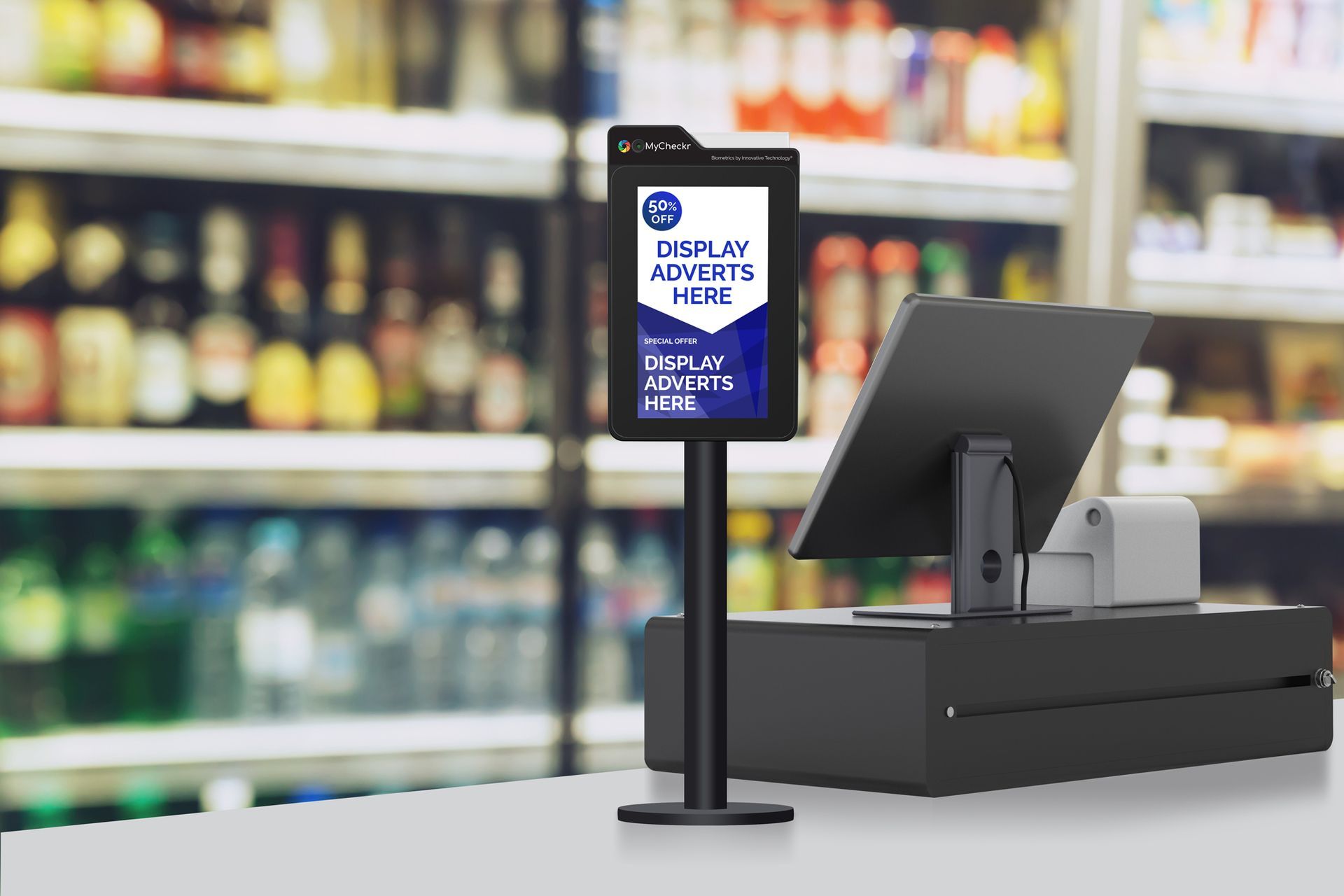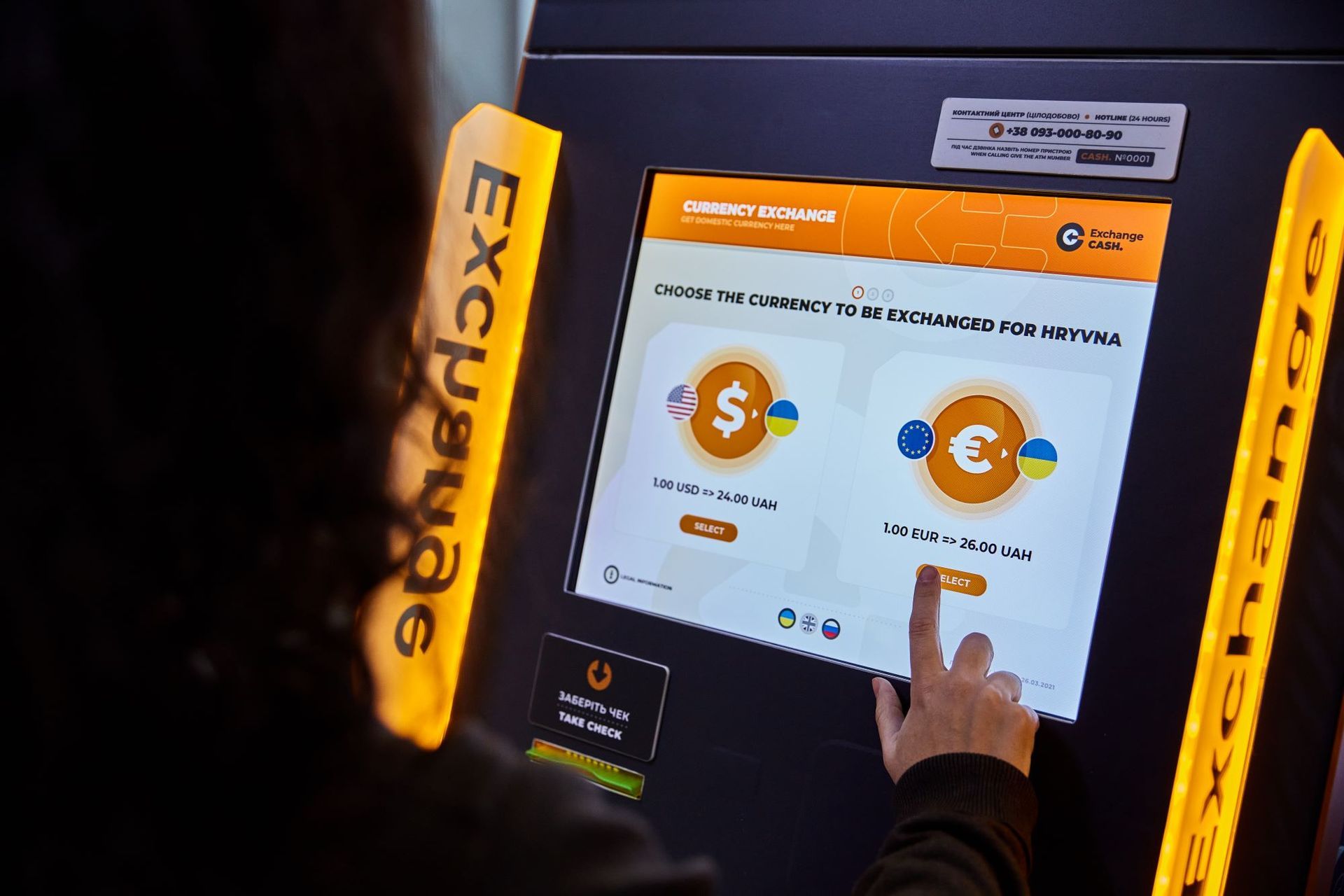How to fight underage gambling with automated age verification
By Dr. Andrew O’Brien
ICU Product Manager
Innovative Technology
UK underage gambling: a real social issue
Following all the recent coverage in the media reporting a high level of underage gambling in the UK, this blog is intended to summarise the findings and explain how the industry is reacting to this important issue.
The UK Gambling Commission (UKGC) revealed in October 2019 that following a review of pubs in England and Wales, 84% failed to prevent minors from playing Category C fruit machines. With the assistance of the local authorities and the police, the UKGC have spent the last year reviewing 170 pubs across England and Wales (Source: Gaming Intelligence).
Although the figures are slightly down on 89% from 2018, there is still a long way to go and the results suggest that rules in place are not being enforced and worryingly, employees were unaware of the regulations.
The UKGC state that the onus is on local authorities to have the primary responsibility for regulating machines, but businesses are liable for ensuring they are compliant in checking age verification. If pubs do not take age verification seriously, they can face fines, prosecutions and even risk losing their entitlement to have gaming machines on their premises (Source: Focus Gaming News).
The UK Gambling Commission’s Director, Helen Rhodes was quoted saying, “The pub industry must accelerate action to enforce these rules. Pubs must take age verification on machines seriously as they do for alcohol sales, and they risk losing their entitlement to offer machines if they do not.” (Source: Coinslot).
The industry response
Following the disappointing results from the UKGC which reported a high percentage of pubs failing to stop children accessing gaming machines, the organisation is working closely with local authorities to raise standards. They are also collaborating with training providers to ensure the pub industry is trained correctly and aim to make this important social issue part of the curriculum included in the personal licence holder course. (Source: Focus Gaming News).
In addition, independent organisations are coming together to tackle this. For instance, the British Beer & Pub Association (BBPA) and UK Hospitality (UKH) have challenged pubs to do more in terms of prevention and have produced an updated ‘Social Responsibility Charter for Gaming Machines in Pubs’ for their members. This charter sets out to explain to pub owners how they can prevent children playing on gaming machines by supporting staff to ensure they understand their legal responsibilities. Staff training on the use of Challenge 21/25 is a key part of the charter. There will also be a programme of age-verification testing to support the training (Source: Morning Advertiser).
Furthermore, following a consultation on ‘gaming machines and social responsibility’ which included recommendations to strengthen player protection around age verification, Public Health England have been tasked to carry out an evidence-based review of gambling related health issues. The objectives of this review will be announced in Spring 2020 so we will be keeping a keen interest in the results (Source: Intergame).
Promoting responsible gambling should be a key part of any large pub chain or independent pub’s corporate social responsibility strategy. But it needs to go beyond this. The industry as a whole need to collaborate closely to tackle this disturbing issue in our society today.
How can ICU help?
Designed to help customer who operate age restricted gaming machines on their premises with their responsible gambling obligations. ICU can be used to control access to age restricted gambling venues or installed inside individual gaming machines to restrict play (for example in pubs, clubs or service stations). It can help pub owners take practical steps to combat underage gambling and assist premises and operators to comply with age-related gambling restrictions and regulations. If you have a pub with a category C gaming machine you can use ICU to safeguard children and ensure compliance with the law.
SOURCES
https://focusgn.com/uk-pubs-gaming
https://innovative-technology.com/images/pdocuments/datasheets/ICU_TechnicalPaper.pdf











